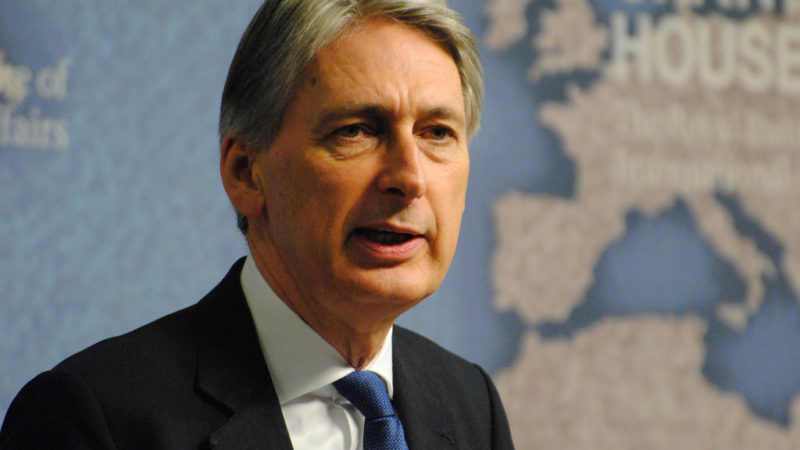Things are going to get much worse, before they get better.

Claims austerity is coming to an end are untrue, with £12 billion of welfare cuts still to come and public service spending due to fall further, the Institute of Fiscal Studies (IFS) has cautioned.
Director Paul Johnson said this year’s budget was more about economic forecasts than policy decisions — describing predictions for productivity, earnings and economic growth as “pretty grim reading”.
Johnson said the country is in danger of losing nearly two decades of growth earnings instead of one, as previously expected, with forecasts having worsened in the past two years.
GDP per capita will be 3.5% smaller in 2021 than was anticipated in March 2016: That’s a loss of £65 billion to the economy.
Workers will be taking home on average £1,400 less a year in 2021 than was predicted two years ago. This is less in real terms than before the 2008 crisis.
Borrowing will also be pushed up as a result of slower growth, the think tank said. Even before any policy changes — which could make things worse — borrowing is now forecast to be £12 billion higher in 2021–22 than was forecast in March.
Johnson said:
“Less than two years after Mr Osborne was promising a surplus of £10 billion in 2019–20 Mr Hammond is promising a deficit of £35 billion falling, rather optimistically, to £25 billion by 2022–23. Note that even without any forecast revisions the 2020–21 surplus would have been wiped out by new policy measures announced since March 2016.
“Yet this is not the end of “austerity”. Not by a long chalk. There are still nearly £12 billion of welfare cuts to work through the system, while day-to-day public service spending is still due to be 3.6% lower in 2022–23 than it is today”
Day to day spending on public services outside of the NHS is due to fall by yet another 7% over the next five years, Johnson added, stating that “most areas of public spending still have difficult years ahead”.
Planned increases to health spending, meanwhile, “remain modest in the context of easily the tightest decade for the NHS since its founding.”
The IFS was also critical of Hammond’s approach to housing, pointing that although the issue was put at the centre of the budget little additional public spending was actually committed to building new homes.
Even if new houses are built, Johnson said, this might not help the neediest people as there are no measures in place to stop new properties being bought up by older, richer landlords.
In conclusion: instead of getting closer, the end of austerity seems to have slipped even further away with the new budget.
Charlotte England is a freelance journalist and writer at Left Foot Forward. Follow her on Twitter.




One Response to “‘Austerity is nowhere near over’: IFS gives bleak assessment of budget”
patrick newman
This was a Hammond survival dont annoy the Brexiteers budget. There are a couple of fiscal elephants in the room. We know that the divorce bill is a sum that dares not speak its quantity but it is unlikely to be much below £40bn. I cant see how the budget which covered spending to the end of the Parliament dealt with that. In addition, serious spending has begun on HS2 (shame!) so where has Hammond provisioned for this expensive £55bn Osborne vanity project? Just how could he find “headroom” in public finance when the deficit is still about £50bn and public debt over £1.7 trillion? £3bn coughed up just like that to pay for Brexit preparations! It is Humpty Dumpty public finance – “the deficit means what I choose it to mean – nothing more nor less!” So in just two hours of droning on Hammond has condemned many more to deprivation and destitution.